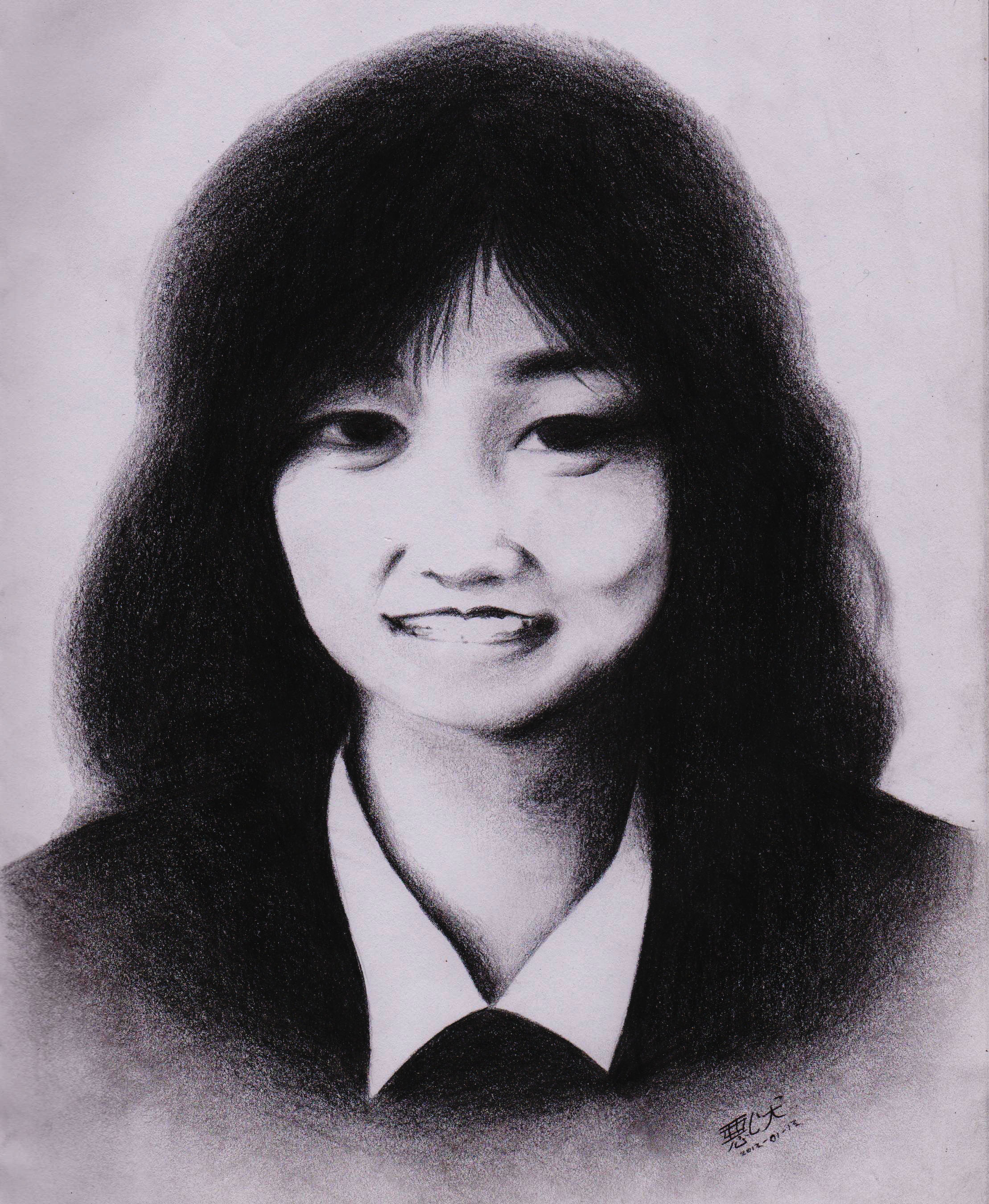Table of Contents
Introduction
Junko Furuta's story is one of the most harrowing and tragic cases in modern history, highlighting the depths of human cruelty and the resilience of the human spirit. Her name has become synonymous with the fight against violence and injustice, particularly in cases involving young women. Junko Furuta was a Japanese high school student whose life was brutally cut short in 1989 after enduring unimaginable suffering at the hands of her captors. Her case has since become a symbol of the need for justice, awareness, and systemic change.
Junko Furuta was an ordinary teenager with dreams and aspirations, much like any other young person her age. She lived in a quiet suburb of Tokyo and attended school, where she was known for her kindness and determination. However, her life took a devastating turn when she was abducted by a group of delinquents, leading to a series of events that shocked the nation and left a lasting impact on Japanese society.
This article delves into the life, tragedy, and legacy of Junko Furuta, exploring the details of her case, its implications, and the lessons that can be drawn from it. By understanding her story, we can work toward a future where such atrocities are prevented, and justice is served.
Read also:Securely Connect Remote Iot Vpc Raspberry Pi Aws A Comprehensive Guide
Biography of Junko Furuta
Junko Furuta was born on November 22, 1969, in Misato, Saitama Prefecture, Japan. She grew up in a loving family and was known for her cheerful personality and dedication to her studies. As a teenager, Junko was described as a bright and ambitious young woman who dreamed of pursuing a career in education. Her life, however, was tragically cut short at the age of 17.
On November 25, 1988, Junko was abducted by a group of four young men who held her captive for over 40 days. During this time, she endured unimaginable physical and psychological torture before being murdered. Her case gained widespread attention due to the brutality of the crime and the systemic failures that allowed it to happen.
Junko's story is not just one of tragedy but also of resilience and the fight for justice. Her memory continues to inspire movements aimed at protecting vulnerable individuals and holding perpetrators accountable for their actions.
Personal Data and Biodata
To better understand Junko Furuta's life, here is a summary of her personal data and biodata:
| Full Name | Junko Furuta |
|---|---|
| Date of Birth | November 22, 1969 |
| Place of Birth | Misato, Saitama Prefecture, Japan |
| Date of Death | January 4, 1989 |
| Age at Death | 17 years old |
| Occupation | High School Student |
The Crime Against Junko Furuta
The crime against Junko Furuta began on November 25, 1988, when she was abducted by four young men: Hiroshi Miyano, Nobuharu Minato, Yasushi Watanabe, and Hideki Niimi. The group lured her into a trap under the pretense of resolving a dispute, but their true intentions were far more sinister. Junko was taken to a house in Ayase, Tokyo, where she was held captive for over 40 days.
Torture and Suffering
During her captivity, Junko was subjected to extreme physical and psychological abuse. The perpetrators inflicted unimaginable pain on her, including beatings, sexual assault, and other forms of torture. Despite her suffering, Junko maintained her dignity and courage, even attempting to escape multiple times. Her captors, however, were relentless in their cruelty.
Read also:How To Monitor Raspberry Pi Remotely With Free Apps A Comprehensive Guide
The details of Junko's ordeal are deeply disturbing and serve as a stark reminder of the capacity for human evil. Her case highlights the importance of addressing systemic issues such as youth delinquency, gender-based violence, and the failure of law enforcement to protect vulnerable individuals.
The Investigation and Legal Proceedings
Junko Furuta's case was initially mishandled by law enforcement, leading to delays in her rescue and justice. Despite her repeated attempts to alert authorities, her cries for help went unanswered. It was only after her death on January 4, 1989, that the full extent of her suffering came to light.
Arrest and Trial
The four perpetrators were eventually arrested and brought to trial. However, the legal proceedings were marred by controversy, as the sentences handed down to the perpetrators were criticized for being too lenient. Hiroshi Miyano, the ringleader, was sentenced to life imprisonment, while the others received shorter sentences. This outcome sparked outrage among the public and led to calls for judicial reform.
Junko's case exposed significant flaws in Japan's legal system, particularly in cases involving youth offenders and gender-based violence. It also highlighted the need for better training and accountability within law enforcement agencies.
Impact on Society
The case of Junko Furuta had a profound impact on Japanese society, sparking widespread outrage and calls for change. It brought attention to issues such as youth delinquency, gender-based violence, and the failure of institutions to protect vulnerable individuals. Her story became a catalyst for discussions about systemic reform and the need for greater awareness and education.
Public Reaction
In the aftermath of Junko's death, thousands of people attended her funeral to pay their respects. Her case also inspired protests and petitions demanding justice and systemic change. The public's response demonstrated the power of collective action and the importance of holding institutions accountable.
Junko's story continues to resonate with people around the world, serving as a reminder of the need for vigilance and advocacy in the fight against violence and injustice.
Cultural Influence and Awareness
Junko Furuta's case has had a lasting cultural influence, inspiring books, documentaries, and films that aim to raise awareness about her story and its broader implications. These works have played a crucial role in keeping her memory alive and ensuring that her story continues to inspire change.
Media Representation
Several documentaries and films have been produced to shed light on Junko's case, including "The Junko Furuta Case" and "Abducted in Plain Sight." These works have helped bring her story to a global audience, fostering greater understanding and empathy for victims of violence.
Additionally, Junko's case has inspired advocacy groups and organizations dedicated to combating gender-based violence and supporting victims. Her legacy serves as a powerful reminder of the importance of standing up against injustice and working toward a safer and more equitable society.
Memorial and Legacy
In honor of Junko Furuta, a memorial was established to commemorate her life and legacy. The memorial serves as a place of reflection and remembrance, allowing people to pay tribute to her courage and resilience.
Annual Commemorations
Every year on January 4, the anniversary of Junko's death, memorial events are held to honor her memory and raise awareness about the issues highlighted by her case. These events bring together activists, survivors, and community members to advocate for change and support victims of violence.
Junko's legacy continues to inspire individuals and organizations to work toward a future where such tragedies are prevented, and justice is served.
Lessons Learned from Junko Furuta's Story
Junko Furuta's story offers several important lessons about the need for systemic reform, greater awareness, and collective action in the fight against violence and injustice. Her case highlights the importance of addressing issues such as youth delinquency, gender-based violence, and the failure of institutions to protect vulnerable individuals.
Key Takeaways
- Systemic Reform: Junko's case exposed significant flaws in Japan's legal and law enforcement systems, highlighting the need for reform to better protect vulnerable individuals.
- Public Awareness: Her story underscores the importance of raising awareness about gender-based violence and empowering individuals to speak out against injustice.
- Collective Action: Junko's case demonstrates the power of collective action in advocating for change and holding institutions accountable.
By learning from Junko's story, we can work toward a future where such atrocities are prevented, and justice is served.
Conclusion
Junko Furuta's story is a tragic reminder of the depths of human cruelty and the resilience of the human spirit. Her case has left an indelible mark on Japanese society and the world, inspiring movements aimed at combating violence and injustice. Through her legacy, we are reminded of the importance of vigilance, advocacy, and systemic reform in the fight for a safer and more equitable society.
We encourage you to share this article with others to raise awareness about Junko Furuta's story and its broader implications. Together, we can work toward a future where such tragedies are prevented, and justice is served. If you found this article informative, please leave a comment or explore other articles on our site to learn more about important social issues.

